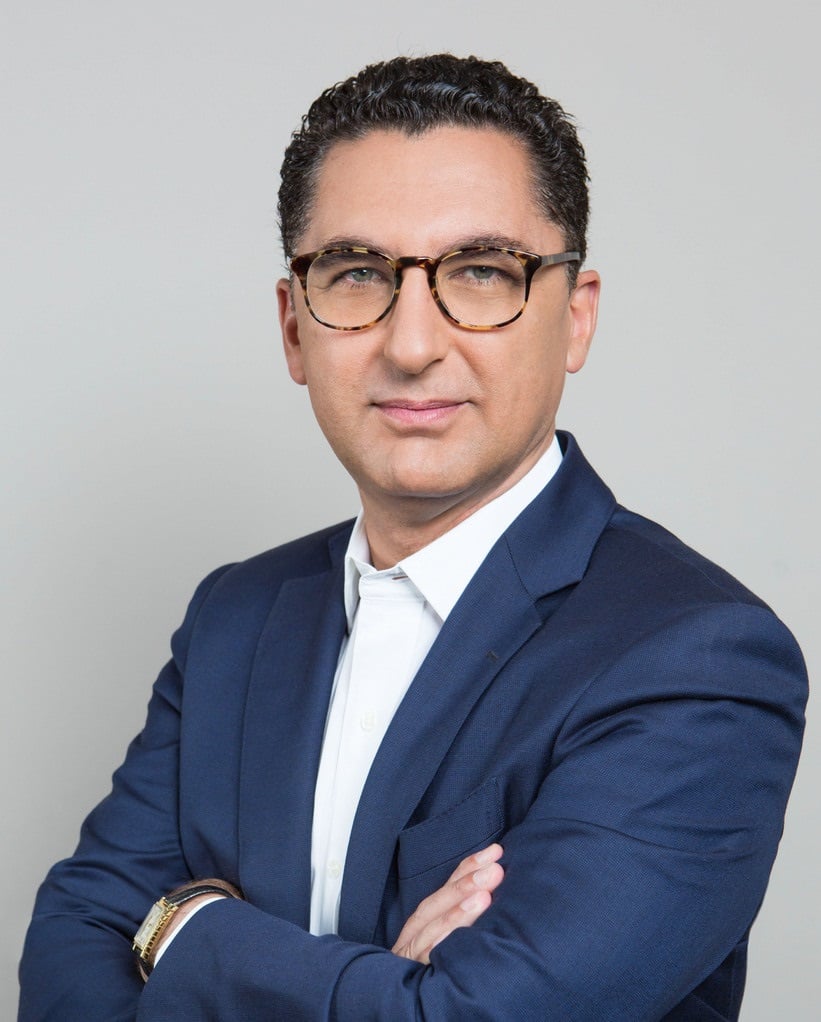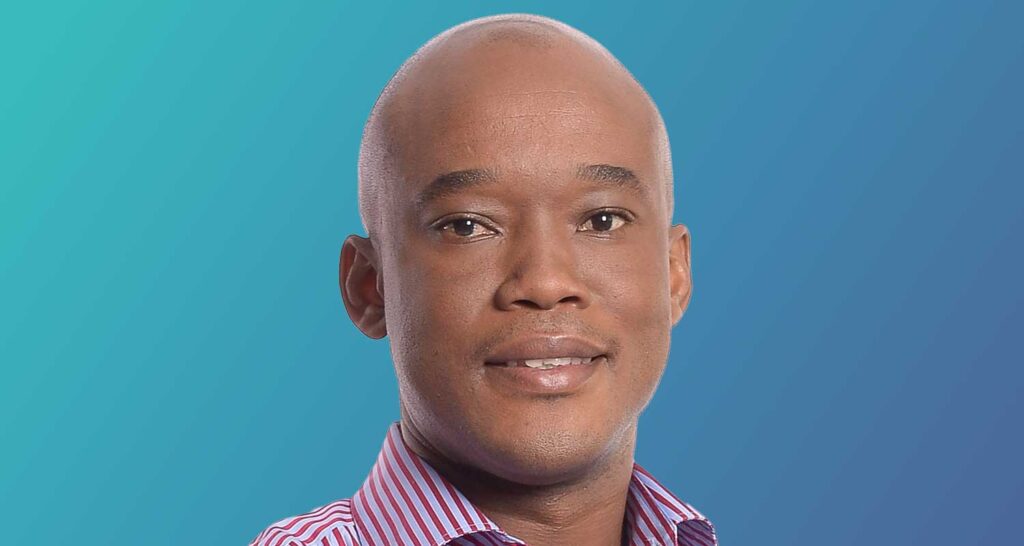On July 23, South Africa’s Competition Tribunal conditionally approved Canal+’s acquisition of MultiChoice, clearing the biggest hurdle in a takeover that has been building for more than a year. The French group offered 125 rand a share for the stake it did not already own, valuing the deal at about 35 billion rand, and committed to a long list of public interest obligations to win approval. Some outlets are already calling the deal “done,” but the parties still target final completion before the long stop date of October 8, 2025, as remaining technical steps are tied up.
The headline numbers and the fine print
Regulators signed off on the transaction with conditions worth roughly 26 billion rand over three years. These include commitments to fund local content, support small and historically disadvantaged producers, and protect jobs for three years. Because South African law caps foreign ownership of broadcasting licensees, MultiChoice will spin off its domestic broadcasting unit into an independently controlled, majority historically disadvantaged entity. This structure lets Canal+ take control of the wider group while keeping the local licence holder compliant.
There is some noise around the exact final price tag. Reuters pegs the implied value at about 35 billion rand, while other reports talk in dollar terms of about 3 billion for the remaining stake. The important point is that Canal+ will control Africa’s largest pay TV platform once the mechanics are finished.
Why Canal+ wants MultiChoice
Canal+ already dominates in French‑speaking Africa. MultiChoice rules in large English‑speaking markets such as South Africa, Nigeria and Kenya, and owns powerful sports rights plus the DStv and GOtv brands. Put together, the group gains true pan‑African scale, deeper pockets for premium sports and local dramas, and a wider distribution network that spans satellite, mobile and broadband. Analysts see this consolidation as a direct play to stand up to Netflix, Amazon Prime Video and Disney+, which are growing their African footprints but still face payment frictions and patchy connectivity.
How the two CEOs got it over the line


Maxime Saada, the CEO of Canal+, and Calvo Mawela, the CEO of MultiChoice, spent the past year methodically removing obstacles. They sweetened the public interest package, accepted a complex ownership carve‑out to satisfy foreign control limits, and publicly framed the union as a way to build a “global media and entertainment company with Africa at its heart.” Mawela called the approval a significant milestone. Saada repeatedly told investors and regulators that the combined group would invest more in African stories and talent. Their playbook was simple: promise more local spending, protect jobs, and show regulators that a stronger African champion is better placed to fend off global platforms, and it worked.
What this could mean for African audiences
- More local content, at bigger budgets. The 26 billion rand in public interest commitments is not charity. It is fuel for a slate of new shows, films and sports coverage that can travel across borders and languages. Viewers should see more polished African originals on a single, larger platform.
- Sharper sports strategy. MultiChoice’s SuperSport is still the continent’s most powerful sports brand. Backed by Canal+, it can chase or defend premium rights with more financial firepower and deliver them on streaming with better tech.
- Bundling and pricing experiments. Expect hybrid packs that mix satellite, mobile streaming and ad‑supported tiers, tailored to different wallets.
- A pan‑African distribution backbone. French and English catalogues will travel more easily, which could expand African content’s export potential.
What this could mean for competition and creators
- Less fragmentation, more bargaining power. While hundreds of small regional players compete today, a Canal+‑MultiChoice super‑platform could centralise rights negotiations and push standardised deals. That can be good for scale and consistency, but smaller studios may fear tougher terms.
- Regulators have set a precedent. The Tribunal’s conditions show how future media mergers might be shaped in South Africa and beyond: keep jobs, empower historically disadvantaged groups, and put hard numbers behind local investment promises.
The bottom line
Assuming the final formalities are wrapped up by October, Canal+ and MultiChoice will emerge as the first true pan‑African media heavyweight of the streaming era. The combined group will have the scale to spend more on African stories, defend key sports rights, and smooth out the economics of streaming in low‑ARPU, high‑mobile markets. Viewers could win through better local content if the promises hold. Regulators and creators will need to keep pushing to ensure that scale does not come at the cost of diversity and fair access.
Maxime Saada and Calvo Mawela just carved out a template for how global capital can meet local regulation and public interest in Africa’s media sector. If they execute, Africa will watch more of itself on screen and also sell more of itself to the world.









